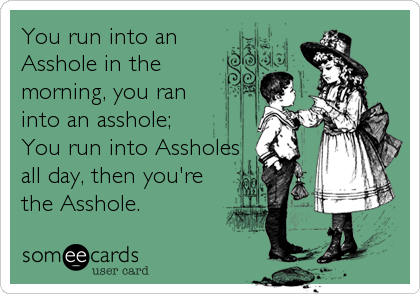and reliance on Kickstarter campaigns based on their much older lines
They'll continue to do this because owod in tabletop is still going pretty strong, especially with the 20th Anniversary Editions they've been coming out with. One of the devs came so, so close to admitting they get more interest in their owod lines than nwod ones, but they can't really go backwards because REASONS.
It's a shame, I'll note for the millionth time, because owod mage > nwod mage in virtually every way except streamlined mechanics. 
For example they're specifically not balancing spheres (something which MU* traditionally care a lot about), crossover rules exist but they are fairly sporadic and summarized in a single page, etc.
That would require them to care about balance between spheres at all, which White Wolf was very clear about for many years, THEY DO NOT CARE. Vampires do not have to be as powerful as werewolves, or vice versa. Not in the sense that it's not something they think about, but that it's not something they feel is necessary to begin with. As you say, or alluded to, it's a concern manufactured almost entirely by MU* environments with large spheres where people get their panties in a bunch if they feel like other people have more stuff than them.
There was an owod dev who wrote about how he ran a tabletop group with folks playing stuff from the major splats, even a Wraith, and they had a lot of fun and did fine. More or less for the same reason that D&D groups can run with a Cleric, a Druid, and a Fighter in the same party and manage for the person playing the Fighter to still have fun despite being wildly outclassed in every way. And since that's the norm they feel should be encouraged, that a lack of balance between characters doesn't mean a lack of balance between players, approaching game design otherwise just isn't necessary.
Mind, I'd personally be a lot happier if everybody else was more or less brought up to the Mage level of things in some fashion, but only so I could stop reading about people whining about whatever real or (more often) imagined offense they've suffered recently.




